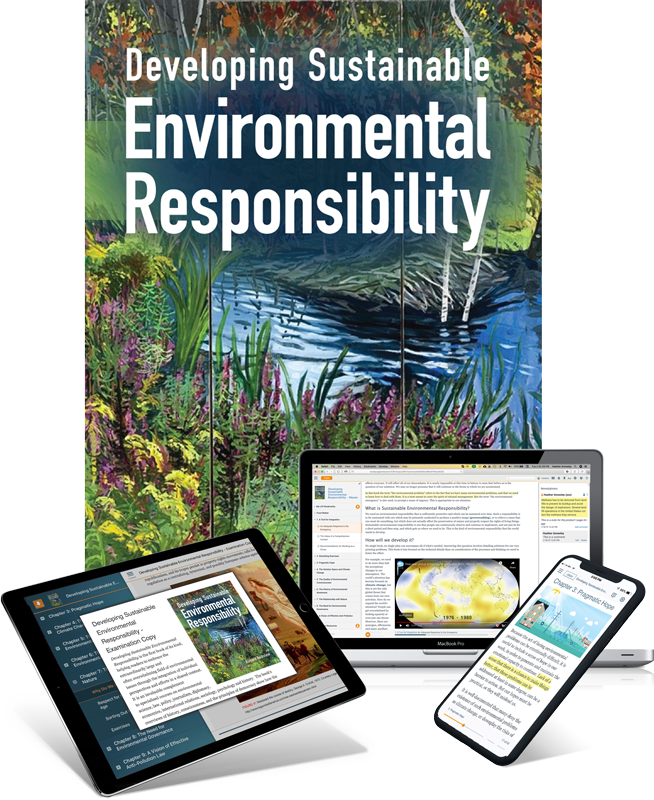Purpose and Context, Activity

Ulysses S. Grant, the President who oversaw the Reconstruction of the United States. Wikimedia Commons
On this July 4th, 2018, the news is of the judges being considered for the Supreme Court. It is not clear how well people understand that while the decision is framed as “conservative” versus “liberal”, the real question is whether the people of the United States will have a “narrow” versus a “broad” interpretation of the founding document of their system of law.
The narrow view consistently supports the status quo, preventing government action that would rearrange things to be more just, to realize the potential and promise of a good society. That’s what the broad view would do – it sees where we need to go. The narrow view has always been the policy of the economically stronger, property-owning class, content with current arrangements, even if terribly unjust. It has been so since the days when the most insistent in that class were slave-owning. The idea that the least government is the best comes not just from those who escaped European aristocracy and religious imposition but also from the Southern states acting to ensure the North could not use the federal government to interfere with the slave economy.
Similarly, the narrow view, in which we don’t use our mutual freedom to shape a society that provides an ever-better place for our children, leaves prejudices and unfair practices in place, calling that freedom, as the slave owners spoke of equality and liberty in terms that referred only to their own.
Environmental citizens should see the connection between the restricted view of our Constitution and the capacity of our society to evolve a responsible, sustainable civilization. This requires our working together, as if we all share this world in concert, and all have a role in its management. This requires a vision of where we need to go, which can only be formed with a comprehensive, universal perspective, or it will cause conflict between those who are lucky and those who are not. Environmental progress requires the broad view of our Constitution, as was required to defeat the narrow view that upheld slavery.
150 years ago the 14th Amendment was ratified. This and the two amendments on either side of it constitute the new beginning of our Union, the true beginning. They affirm that all citizens are created equal. They, and the 19th Amendment that gave women the vote, make real the founding concept of the Declaration of Independence, which referred only to “men” and did not mean African-Americans.
This broad view of the purpose of a society that founds itself on legitimacy is what has made America great, and no other aspect of our lives – our wealth, our power, our culture – differentiates us from other countries in history. That other countries now incorporate the ideas of democracy and equal dignity is our gift to the world – though we need not be puffed up with pride, and remember that we inherited it from others. But we gave it solid and lasting form. Let us remember it because it is not invulnerable and is now under great threat. Lest our freedom to have a society that fosters justice be extinguished, here, in the land of its most recent rebirth, citizens should act now to express their understanding of the necessity of a broad interpretation of the Constitution, by saying that it is the correct view, and the narrow view is wrong.
For how, if the federal government has no power to act to curtail pollution, to enforce fair contract provisions, to ensure privacy, to recognize the human rights of everyone, to reduce the threat of war, and all the other things that are “necessary and proper”, can it
Establish justice, insure domestic tranquility, provide for the common defense, promote the general welfare, and secure the blessings of liberty to ourselves and our posterity?
Activity
Ask this question: how should we receive the statement of the Preamble to the Constitution? Some judges and legal experts have said that it is “merely exhortatory”, in other words, that it provides no legal recourse, and is just a statement of ideas. How can this be? Generally judges follow a legal doctrine that all words in a contract or in legislation are there for a reason. The idea that the Preamble is just empty words is not a reasonable interpretation. But what do we do with it? How do we use it? One idea is that it is a guide to how we should interpret everything in the Constitution. If we think of it in this light, then the powers given to Congress should be used for the purposes described in the Preamble. What problems does this raise? Is the fact that there are problems in applying these general principles a reason for ignoring them, or figuring out ways to address the problems? Members of the class or group wrestling with these questions can take different parts of the Constitution and report to the entire group on whether application of the principles in the Preamble could cause problems or uncertainty, and whether they have any ideas for addressing those problems in a way that would allow us to move forward and give meaning to the words.
150 years ago the 14th Amendment was ratified. This and the two amendments on either side of it constitute the new beginning of our Union, the true beginning. They affirm that all citizens are created equal. They, and the 19th Amendment that gave women the vote, make real the founding concept of the Declaration of Independence, which referred only to “men” and did not mean African-Americans.
This broad view of the purpose of a society that founds itself on legitimacy is what has made America great, and no other aspect of our lives – our wealth, our power, our culture – differentiates us from other countries in history. That other countries now incorporate the ideas of democracy and equal dignity is our gift to the world – though we need not be puffed up with pride, and remember that we inherited it from others. But we gave it solid and lasting form. Let us remember it because it is not invulnerable and is now under great threat. Lest our freedom to have a society that fosters justice be extinguished, here, in the land of its most recent rebirth, citizens should act now to express their understanding of the necessity of a broad interpretation of the Constitution, by saying that it is the correct view, and the narrow view is wrong.
For how, if the federal government has no power to act to curtail pollution, to enforce fair contract provisions, to ensure privacy, to recognize the human rights of everyone, to reduce the threat of war, and all the other things that are “necessary and proper”, can it
Establish justice, insure domestic tranquility, provide for the common defense, promote the general welfare, and secure the blessings of liberty to ourselves and our posterity?
Activity
Ask this question: how should we receive the statement of the Preamble to the Constitution? Some judges and legal experts have said that it is “merely exhortatory”, in other words, that it provides no legal recourse, and is just a statement of ideas. How can this be? Generally judges follow a legal doctrine that all words in a contract or in legislation are there for a reason. The idea that the Preamble is just empty words is not a reasonable interpretation. But what do we do with it? How do we use it? One idea is that it is a guide to how we should interpret everything in the Constitution. If we think of it in this light, then the powers given to Congress should be used for the purposes described in the Preamble. What problems does this raise? Is the fact that there are problems in applying these general principles a reason for ignoring them, or figuring out ways to address the problems? Members of the class or group wrestling with these questions can take different parts of the Constitution and report to the entire group on whether application of the principles in the Preamble could cause problems or uncertainty, and whether they have any ideas for addressing those problems in a way that would allow us to move forward and give meaning to the words.
 RSS Feed
RSS Feed

